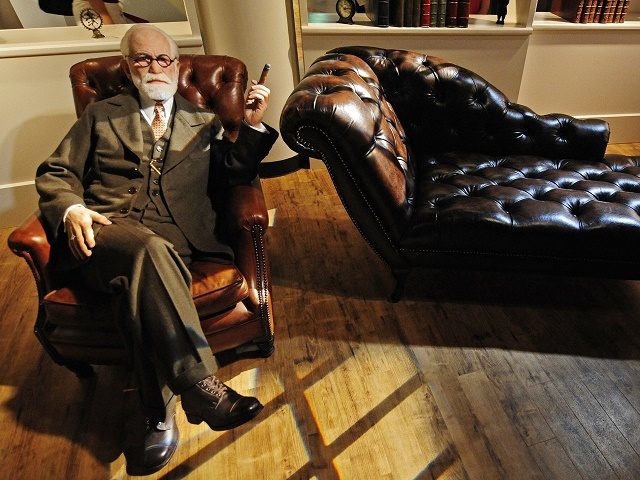In the absence of God or religious faith, many millennials are seeking meaning for their lives and an explanation of existence through psychological therapy, a new essay suggests.
Writing for Quartz, self-described atheist millennial Elizabeth King argues that for herself and countless colleagues, “therapy is our new church,” while noting that “many millennials grappling with the big questions in life want to work them out on a psychologist’s couch instead of a church pew.”
“Most of the people I know are in therapy,” she states.
The idea of psychology used as a substitute for religion is nothing new. Already in his groundbreaking 1977 book, Psychology as Religion: The Cult of self-Worship, Dr. Paul C. Vitz offered a stinging critique of the selfism that is central to the most popular psychological schools. The narcissism described by Vitz has reached its apex in the millennial generation, and thoughtful observers will find it unsurprising that many millennials would find psychological therapy to be a natural surrogate for religious faith.
In his book, Vitz argued that contemporary psychology “is a form of secular humanism based on the rejection of God and the worship of the self,” which is perfectly suited to the least religious generation in American history.
Drawing on statistics from recent studies, King notes that millennials “are less religious than other generations.” While a quarter of people born between 1981 and 1996 identify as nonbelievers, “just 16% percent of Generation X identifies as nonbelievers, and only 11% of Baby Boomers.”
One in twenty millennials call themselves atheists, whereas 7 percent identify as agnostic and 13 percent identify as “nothing” or “nones,” making this the least religious generation in United States history.
That’s where therapy steps in.
King’s analysis of the inherent compatibility between psychological therapy and the predominant selfism of millennials rings remarkably similar to Vitz’s critique, though she seems to find nothing wrong with the egotism at the core of her generational milieu.
Therapy has “unique millennial appeal,” King contends, precisely because “whereas religion tends to focus on communal worship, therapy is far more focused on the self.”
Since millennials “tend to be more individualistic than other generations,” therapy focusing on the needs and desires of the individual dovetails perfectly with the millennial character, she suggests.
“The fact that the therapeutic space is designed for self-discovery and thinking through its use of open-ended questions fits these needs perfectly,” she says. Ultimately, committing to therapy “is an act of faith.”
In fact, for King and her fellow atheist millennials, the only drawback to therapy as a replacement for religion is the economic cost. While church services and even one-on-one mentoring with a pastor are offered free of charge, the cost of ongoing therapy “constitutes a significant obstacle for many young people,” King says.
Therapy is often able to stroke the ego of patients while making no real moral demands on them. For $100 an hour, clients can be reinforced in their belief that the universe revolves around them and that all their problems are somebody else’s fault.
For a generation that is uniquely focused on itself and its own concerns, that may be a small price to pay.
Follow Thomas D. Williams on Twitter Follow @tdwilliamsrome

COMMENTS
Please let us know if you're having issues with commenting.